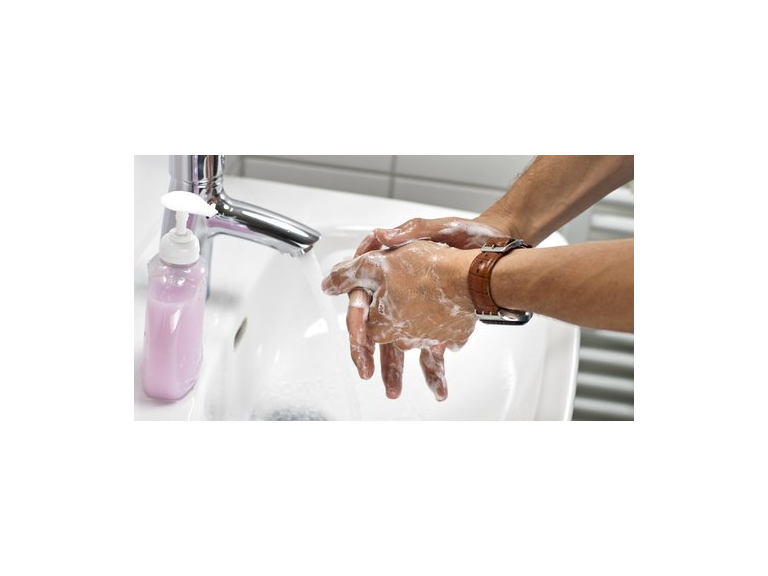
How can norovirus be prevented?
Norovirus is highly contagious and can be contracted in a number of ways:
While this condition, sometimes called ‘winter vomiting disease’ or ‘winter vomiting bug,’ is an unpleasant experience, the infection tends to be short lived and most people will just need to drink plenty of fluids and take plenty of rest. However, people who are already ill, such as patients in hospital, can sometimes get quite poorly as the illness can interfere with the effectiveness of the medicines they are taking and also make them weak and dehydrated.
The symptoms of a norovirus infection begin around 12 to 72 hours after the patient picks up the infection. Symptoms usually last for 12 to 60 hours, but sometimes longer. Most people start with feeling nauseous, often followed by actually being sick and the vomiting is frequently projectile. Many patients will also get watery diarrhoea. Some people will have a raised temperature, headaches and aching limbs or flu like symptoms. Most people make a full recovery within 1-2 days, but some people - usually the very young or elderly - may become very dehydrated and require medical treatment.
Norovirus is very contagious, is spread mainly from person to person and occasionally through food preparation, and is more likely to spread where people are in close proximity. Public places like hospitals, schools and offices are susceptible to outbreaks and people should stay at home until they are free of the symptoms – as it is a virus, it cannot be treated with antibiotics so do not go to your doctor. If you are concerned then call NHS 111 first.
For more information please Click Here
I champion the best businesses in Telford and Wrekin, businesses recommended by you. If you run a local business or know a really great local business that you think deserves to be known by more local...
The following Cookies are used on this Site. Users who allow all the Cookies will enjoy the best experience and all functionality on the Site will be available to you.
You can choose to disable any of the Cookies by un-ticking the box below but if you do so your experience with the Site is likely to be diminished.
In order to interact with this site.
To help us to measure how users interact with content and pages on the Site so we can make
things better.
To show content from Google Maps.
To show content from YouTube.
To show content from Vimeo.
To share content across multiple platforms.
To view and book events.
To show user avatars and twitter feeds.
To show content from TourMkr.
To interact with Facebook.
To show content from WalkInto.